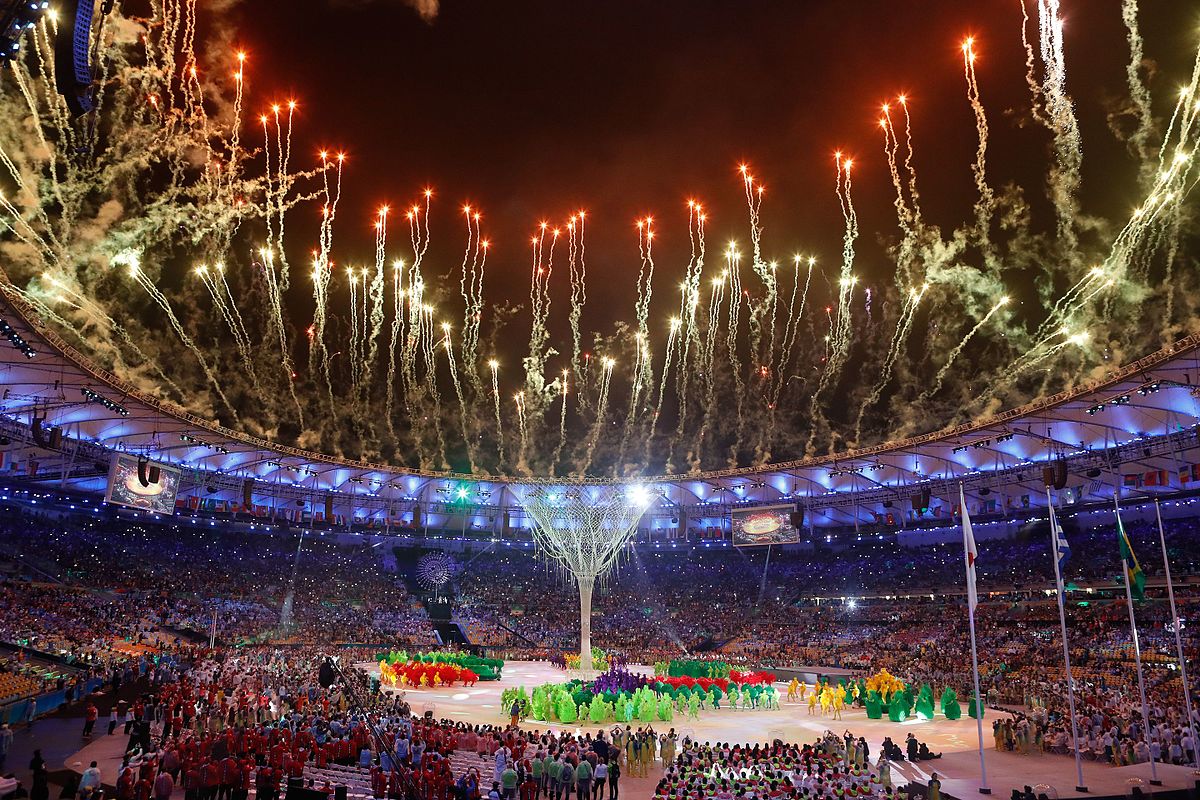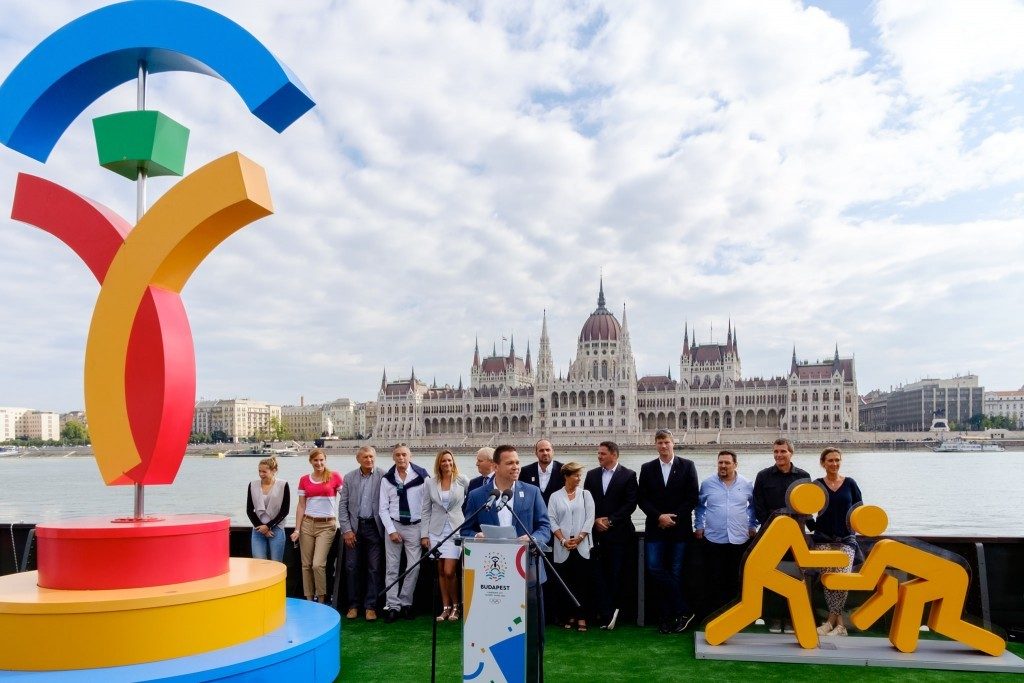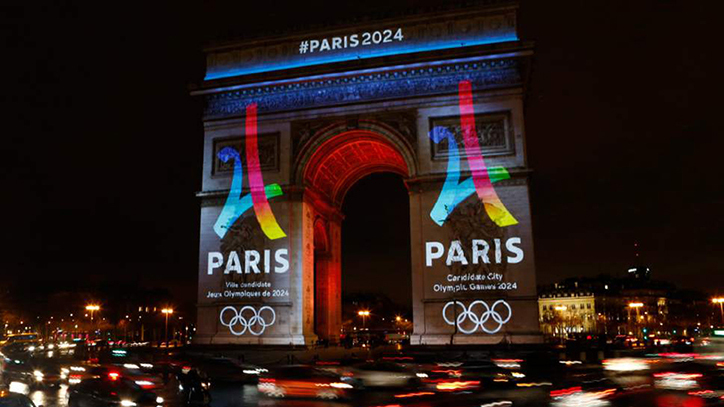
Rio’s Olympic Games may have been a welcome landmark for South American sport, a momentary celebration of recognition and achievement for the continent and specifically Brazil. Yet for the Olympic movement there remains an undeniable hangover: a symbolic, metaphoric slipped disk in the shape of a white elephant Maracana Stadium (never mind many volunteers still awaiting wages).
The news that the iconic Maracana – rescued from decay for World Cup 2014 and re-embraced for Olympic ceremonies last year – is already tumbling back into disrepair, is a stark warning for would-be Olympic bidding cities: don’t let ambition distort financial reality. Flamingo and Fluminense, Rio’s leading football clubs, are playing elsewhere: nobody will pick up the Maracana maintenance bill.

Budapest, current aspirant host, take note: who will use a new opening ceremony stadium? Rio’s games may have been a triumphant global transmission electronically, but the IOC has never had a more strategic vote than this summer’s, LA and Paris the other two candidates.
The eagerly approved recommendations of Agenda 2020 wrote the script for future Olympic-management security, but the lessons, apparent over a 20-year span, are not yet being widely heeded: financial wisdom is not penetrating city council bureaucrats.
The potential threat to Olympic equilibrium has been a constant tune ever since Montreal ’76 – near-strangulation by a fantasist French architect, an ambitious mayor and exploitative building unions within a climate-restrictive construction calendar. Moscow ’80 was totalitarian private; LA ’84 the only and unconventional candidate; Seoul and Barcelona splendidly innovative; Atlanta a patchwork compromise. Sydney ’00 succeeded brilliantly, yet there has followed two decades of intermittent financial anxiety, notably surrounding the Summer Games. Athens ’04 was threatened with replacement and plagued by a legacy of white elephant venues and a multitude of debts, even if there were long-term transport social benefits.
Beijing’s totalitarian budget was a smokescreen gamble for political prestige, leaving the widowed Birdsnest Stadium a spectator relic alongside the Great Wall.
London’s East End miracle has financially fallen short on its magic: belated occupation by West Ham United – who don’t much like its lack of ambience in a large park – incurring excessive subsidy conversion by the taxpayer.
Rio’s hair-raising financial escape-route – courtesy of global recession, surviving only by draining Paralympic cash to prop up the premier festival – was an administrative embarrassment. Tokyo 2020, though having benefitted from some Agenda 2020 concept-reductions, have been obliged to propose further massive savings, even with temporary facility-venues and while carrying the burden of five additional new sports.
Fat IOC income contracts may be secure through to the Thirties, but hosting instability continues as a constant. What’s the charm of a vibrant electronic message if there is a struggling inadequate theatre?

The 2024 vote, scheduled for Lima, Peru in the summer, is pivotal to the IOC’s future.
Emotionally, Paris carries the heart: three times rejected for a third hosting, in 1986, 2001 and 2005. What more can a Games want than Paris, it might reasonably be asked, home of the founder? Yet Europe’s mobile terrorism casts a pall over the city’s appeal.
Equally beautiful and historic, Budapest too has rapturous attraction, but financial calculation must place it third in a three-horse race, leaving LA the logical option: though the US is not without its threatening undercurrent fanned by president elect Trump’s tweets.
Has not the time come for the IOC to grasp the nettle and decree that mandatory restrictions be placed on all stadium capacities; on the excessive demands of self-important International Federations; and reduced budgets of opening and closing ceremonies, as exhibited by Rio?
The Olympic Games are not about national vanity but mutual, harmonious, multicultural competition primarily between individuals: not about frenzied national medal league tables.
As IOC doyen Richard Pound, prominent legal intellect, reflects: “Our Games Study Committee of 2003 made clear restraining objectives. It is bidding committees who believe bigger is better. Tokyo 2020 should earlier have been advised by our Coordination Commission (on expenditure). Analysis of Games expenditure is not so much an Olympic issue as a business issue.”
As a 60-year observer, I am certain that 2017 is the moment that the IOC should decree: smaller is beautiful, self-protection is essential – in finance, security, intimacy and sincerity. Leaving the current Russian controversy aside, by such an extended Agenda 2020 initiative could President Thomas Bach be remembered for having secured the gift of Baron Pierre de Coubertin for future generations.
By David Miller for The Sport Intern
This story first appeared in the blog, The Sport Intern. The editor is Karl-Heinz Huba of Lorsch, Germany. He can be reached at ISMG@aol.com. The article is reprinted here with permission of Huba.